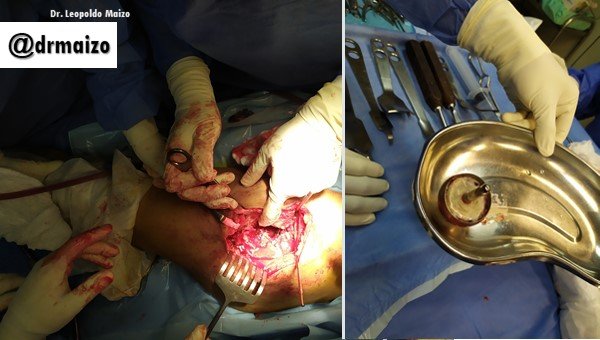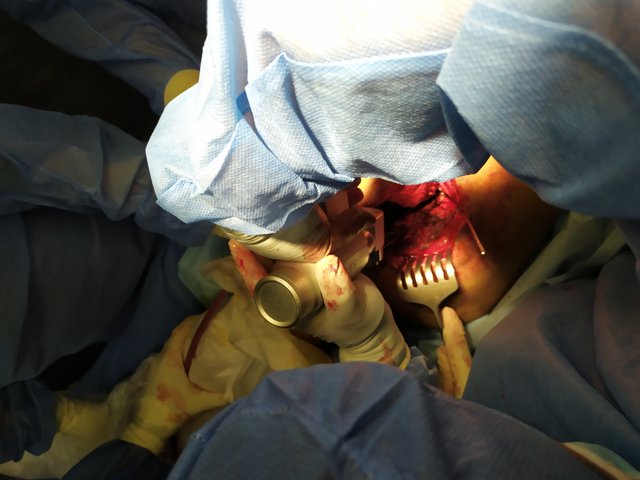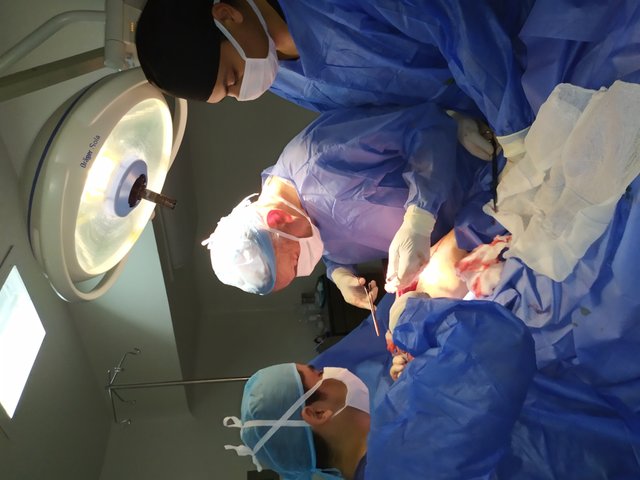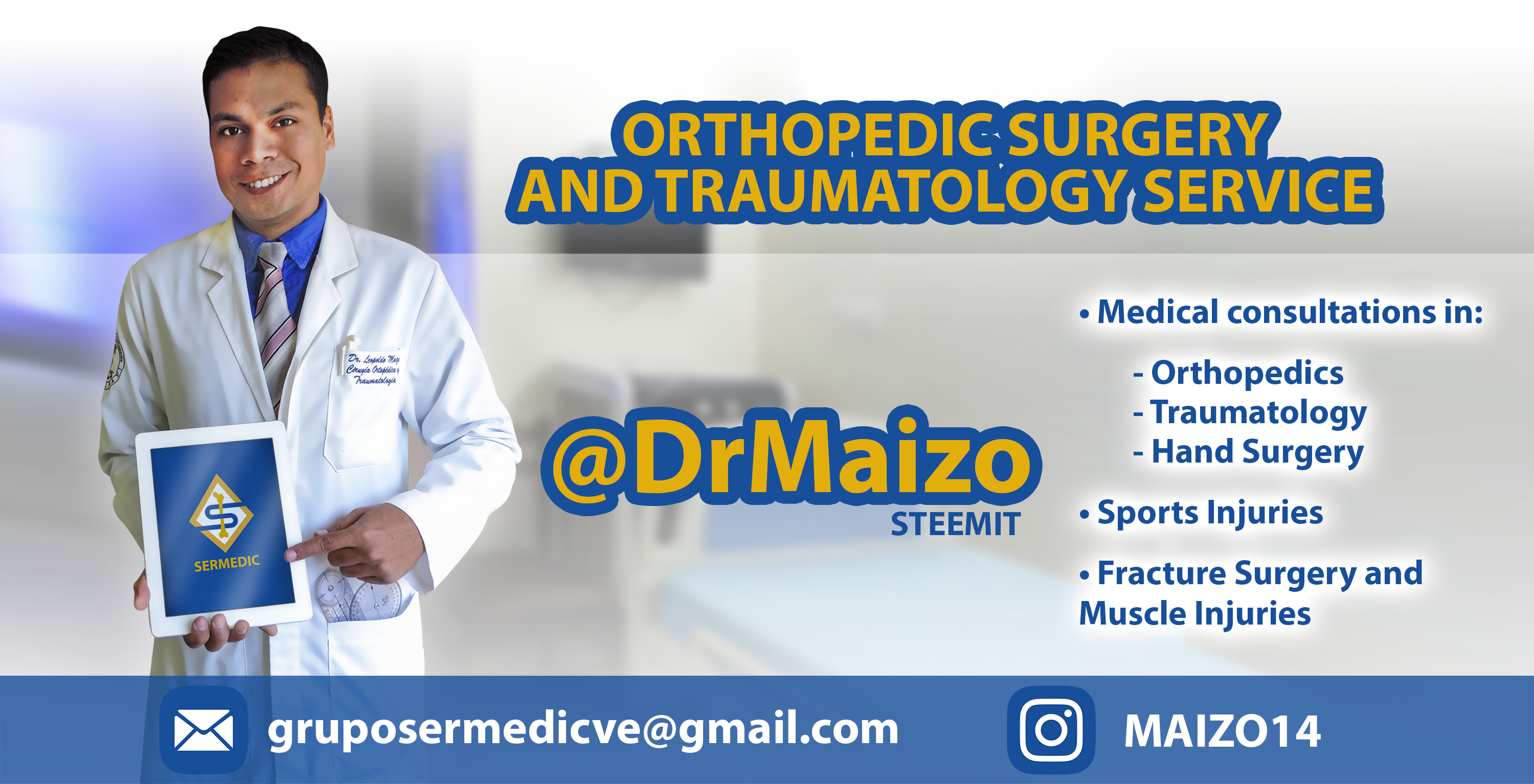
Revision hip
Infection in hip prostheses is very low in primary prostheses, while its incidence is slightly higher in revision hip prostheses, and in these cases can reach up to 15% depending on the type of implant used. The main objective of operating an infected hip prosthesis is to eliminate the infection while preserving the full functionality of the joint.
Among the most effective treatments to treat an infected hip prosthesis, the most effective is the removal and replacement of the hip prosthesis in 2 times, with effectiveness rates of around 80% and 100%. In spite of this, it is a very aggressive, long and expensive surgery, so sometimes, depending on the physical characteristics of the patient, it is better to opt for another treatment. Apart from the 2-step treatment, there is an infected hip prosthesis treatment in one time.


When?
This procedure is usually reserved for very old patients with a short life expectancy. It is also recommended for healthy patients who have a loosened hip prosthesis, acute infection, confirmed identification that the bacterium that caused the infection has a low virulence level, as well as a good soft tissue condition without the presence of fistulization.
The operation of replacing an infected hip prosthesis in one time entails a series of advantages with respect to that of two times, such as lower cost and fewer side effects, faster recovery, administration of antibiotics with minor systemic effects and less compromise of the functionality of the joint.
Likewise, to carry out this type of intervention it is necessary to have a surgeon and an expert multidisciplinary team with a very high degree of specialization.

 )
)Requirements:
The conditions necessary to undergo this type of intervention and achieve the best possible results are as follows:
- Loose or misaligned implant
- Symptoms between 2 and 4 weeks after the operation.
- Identification of the infection-causing microorganism prior to surgery.
- Low virulence of the bacteria that caused the infection.
- Young patient, healthy, without inflammatory diseases.
- Absence of fistulization.
- Elderly patient with short life expectancy
- No osteitis or intense soft tissue involvement
Dr. Leopoldo Maizo - Orthopedic Surgeon


Firma diseñada por @themonkeyzuelans, contáctalos vía Discord "themonkeyzuelans#9087"
Great projects from the Steemit community:
- My Fundition campaign: https://fundition.io/#!/@drmaizo/6f88ggj8h



.png)
This project is being supported by @Fundition the next-generation, decentralized, peer-to-peer crowdfunding and collaboration platform, built on the Steem blockchain.
Read the full details of Fundition Fund program
Learn more about Fundition by reading our purplepaper
Join a community with heart based giving at its core
Fundition is a non profit project, by supporting it with delegation you are supporting 200+ projects.
50SP100SP200SP500SP1000SP2000SP5000SP10000SP
Downvoting a post can decrease pending rewards and make it less visible. Common reasons:
Submit